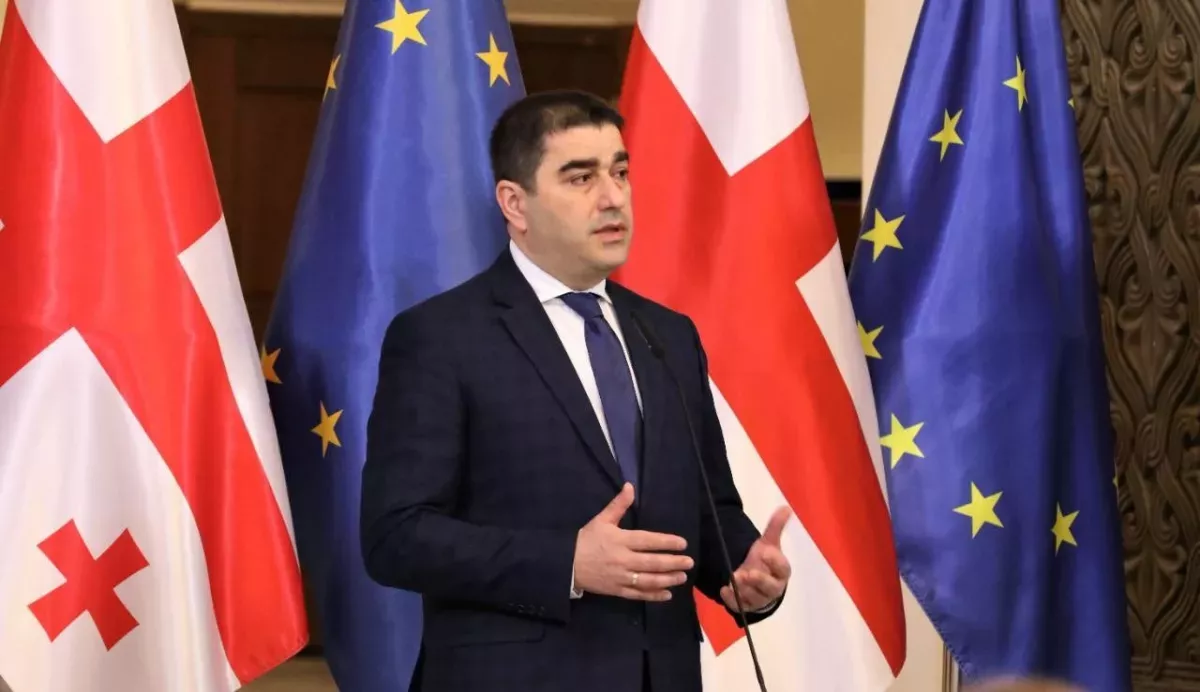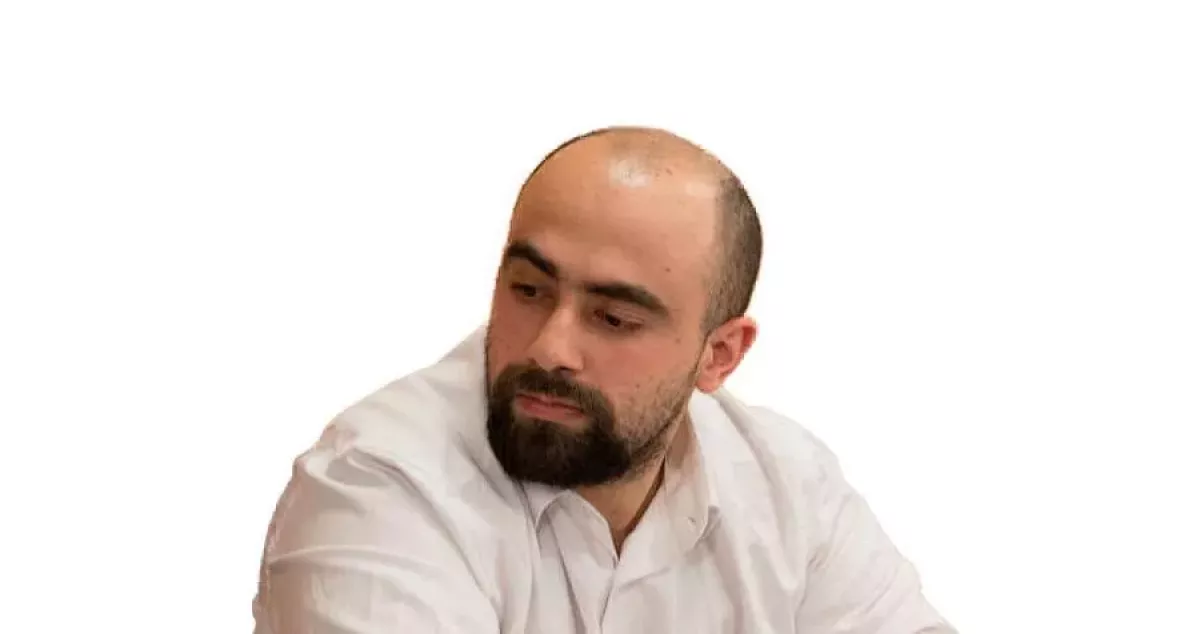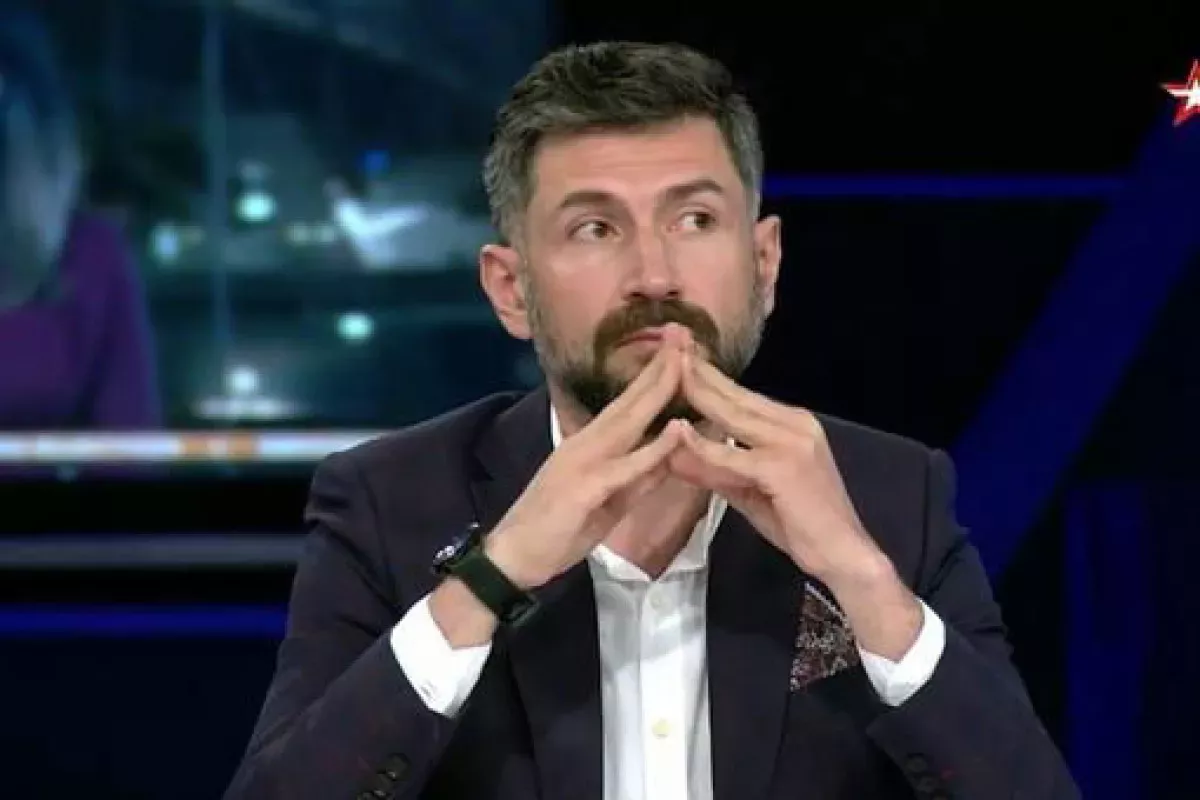Georgia and the “revolutionary scenario” Expert opinions on Caliber.Az
Speaker of the Georgian Parliament Shalva Papuashvili has accused the opposition and foreign-backed NGOs of attempting to destabilise the country during the upcoming municipal elections.
“This is the dangerous path chosen by several parties and NGOs under external influence. It is a path that leads directly to a ‘Maidan,’ bloodshed, and unrest,” he told journalists.

According to Papuashvili, the opposition is allegedly planning to stage a so-called “peaceful revolution” on 4 October, the day of the vote.
But how realistic is the danger that these parties and NGOs can orchestrate what the Speaker calls a “Maidan”—and most importantly, could they provoke bloodshed and a coup attempt?
Renowned Georgian experts shared their views with Caliber.Az.

Political scientist and founder of the SIKHA Foundation research centre, Archil Sikharulidze, rules out the possibility of a “peaceful revolution” in Georgia initiated by NGOs or political forces.
“This is impossible. For a revolution to succeed, two factors are needed: resources, and a government unwilling to deploy its security institutions—combined with total public support.
But the Georgian government is standing very firmly. All institutions are functioning. The opposition has no resources. And the majority of the population has no intention of embarking on any kind of revolution,” the expert explained.
As for the involvement of civil society or NGOs in such initiatives, he considers it a tragedy.
“When we talk about certain NGOs, we mean 10–15, at most 20 interconnected, politically motivated organisations—so-called elite or wealthy NGOs—which were turned into a weapon by certain Western forces. As a result, their leaders have relocated abroad permanently, yet continue to direct the activities of their offices in Georgia from there.
Ordinary NGOs were never part of such plans and have now become victims of this political struggle, which has in fact largely run its course. And this is the real tragedy—because the fight should be against those who break the rules and laws, not against all NGOs and civil society as a whole. After all, the real culprits are outside the country,” Sikharulidze noted.

Shota Apkhaidze, Director of the Caucasus Centre for Islamic Studies, recalled that over the past year, Georgia has already witnessed several attempts to stage a coup through mass unrest.
“As for the upcoming elections, just recently, two kilograms of hexogen were seized. According to the authorities, it had been sent to Georgia by Ukrainian intelligence services. It is not yet clear whether it was intended for use inside Georgia to fuel unrest, or whether Georgian territory was being used as a transit point for smuggling explosives into Russia.
But the fact remains that the destructive opposition does indeed want to orchestrate something like a ‘Maidan.’ Certain people seek bloodshed and a coup. However, the work of Georgia’s security services demonstrates that everything is under control. The state faces no danger, since all dangerous cells have already been exposed. In fact, many of these opposition leaders are currently behind bars,” the researcher explained.
“It is the younger generation. And it is quite a mixed crowd: some are advocates of drug legalisation, some are representatives of the LGBT community, others simply believe in Europe and want to move closer to it.
These are young people with no real coordination in their actions, and I doubt they have the strength—especially since their numbers are not that large anymore—to stage a coup. In fact, many of them would not even want such an outcome. This is merely the ambition of certain politicians who, by any means possible, want to seize or regain power through a coup. But I would say that a so-called ‘Maidan’ is highly unlikely at this point. In reality, it does not exist and will not happen,” Apkhaidze asserted.








